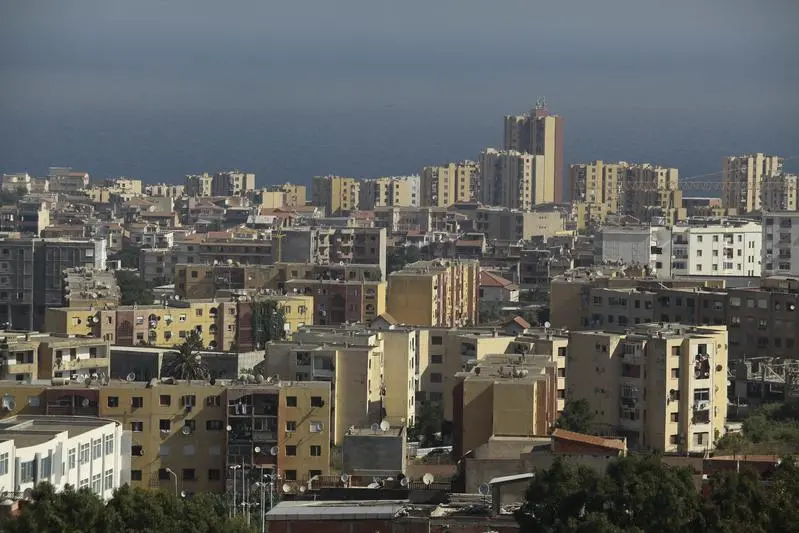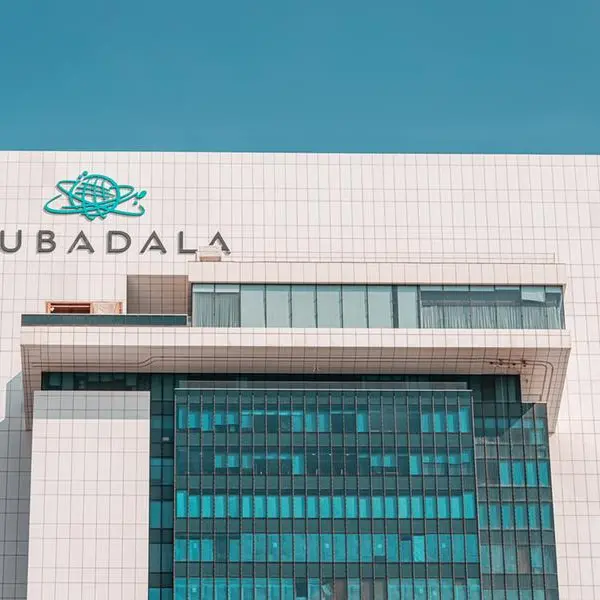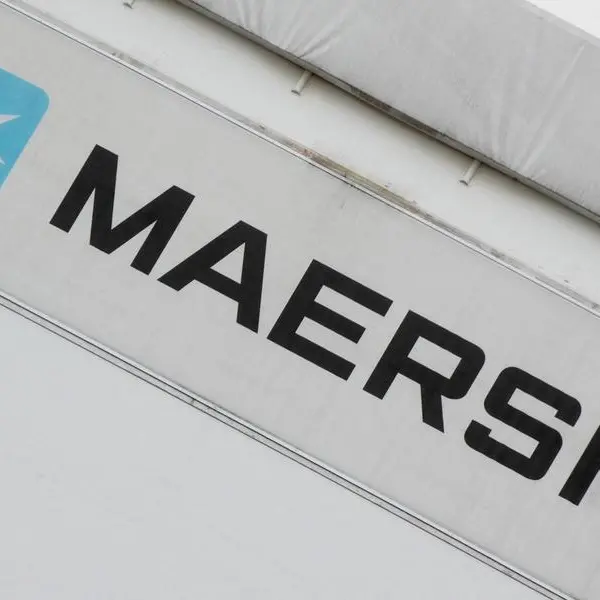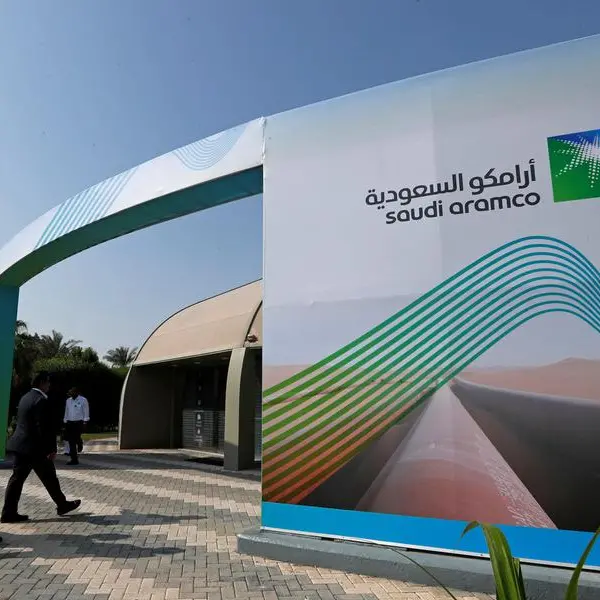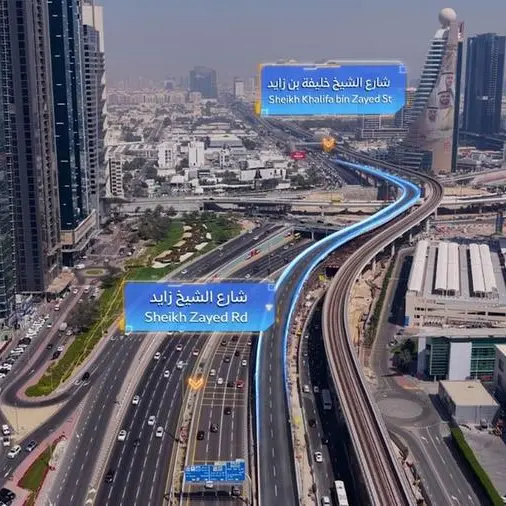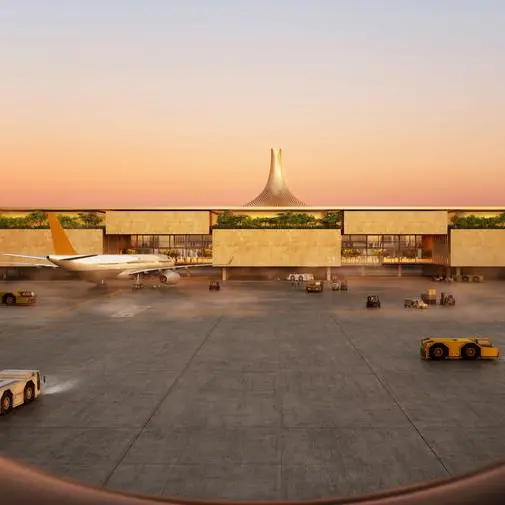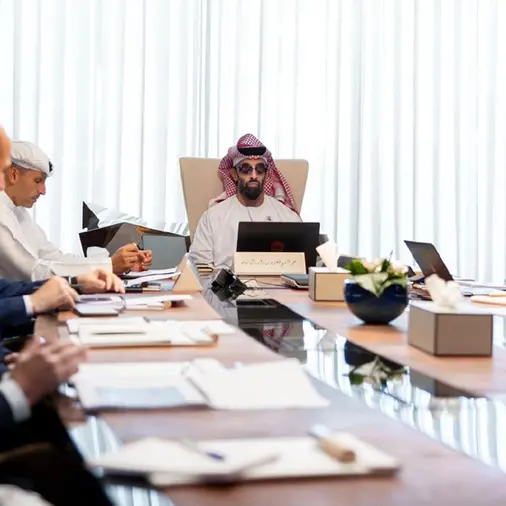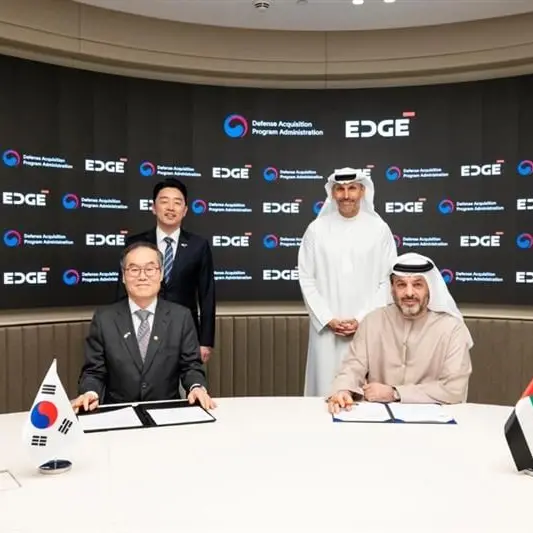PHOTO
Algeria is overhauling investment regulations to spur activity in non-oil sectors amid modest economic growth and low energy prices.
In mid July Algeria's upper house, the Council of the Nation, passed a bill on investment promotion, following the adoption of the same by the People's National Assembly in June. The new code is part of a broader set of government reforms aimed at diversifying the economy, which has traditionally been largely dependent on oil and gas exports.
"We want to put in place stable, transparent and coherent legislation to ensure efficiency on the ground," Abdesselam Bouchouareb, minister of industry, told parliament after the law was adopted.
Details of the codeThe new investment code amends the provisions from 2001 and lays out three tiers of benefits to investors: a first tier with common benefits for all eligible investments - those investments which do not exceed AD5bn (€40.7m); a second tier with additional benefits for investments in key sectors, such as industry, agriculture and tourism; and a third tier with exceptional benefits for investments identified as vital to the national economy.
Under the new code, common benefits refer to tax exemptions, discounts and fee reductions throughout the project phases. These incentives can be extended to five years for projects in targeted sectors, and up to 10 years for projects deemed vital to the national economy.
One of the most prominent changes was the removal of the 51:49 rule, a stipulation put in place in the 2009 Complementary Finance Law that limits all new investment projects to a maximum of 49% foreign ownership. The requirement remains in the country's 2016 Finance Law, however.
The code also retains a number of key provisions from the previous regulations, including the state's right of first refusal for the full or partial transfer of any foreign-held assets. Transfers of 10% or more of the capital of foreign companies holding shares in local companies must now be approved by Algeria's State Shareholdings Council ,
Diversifying the economyThe new incentives are designed to support Algeria's ongoing push to diversify its economy away from a dependence on energy revenues. According to data from the World Bank, hydrocarbons currently account for 95% of Algeria's exports and around two-thirds of government revenue. Energy also remains a key sector for foreign direct investment (FDI) in Algeria, with $14bn invested between 2010 and 2015, according to ministry of energy figures, the majority of which was dedicated to hydrocarbons.
To this end, in late July Algeria rolled out a new diversification strategy, which focuses on high-value-added sectors such as agri-business, renewable energy, services, and the digital and knowledge-based economy, according to a communiqué issued by the Council of Ministers. Set to be implemented in phases over the next four years, the strategy envisions a new economic model for the country, relying on increased activity in non-oil sectors, as well as fiscal and administrative reforms, and sustained public spending.
According to the communiqué, the new policy aims in part to reduce the exposure of public revenues to external volatility. Last year Algeria's budget deficit hit a high of approximately 16% of GDP, according to the ministry of finance, due to the low energy prices.
Algeria's high levels of domestic liquidity, proximity to Europe, skilled workforce and comparatively low cost of energy make it a competitive destination for FDI. However, the country ranked 163rd out of 189 countries in this year's World Bank "Doing Business" report - a loss of two places compared to the 2015 report, which cited a burdensome bureaucracy, complex laws and problematic access to land as deterrents.
The new investment code and economic diversification model are expected to help improve Algeria's investment environment.
© Oxford Business Group 2016
